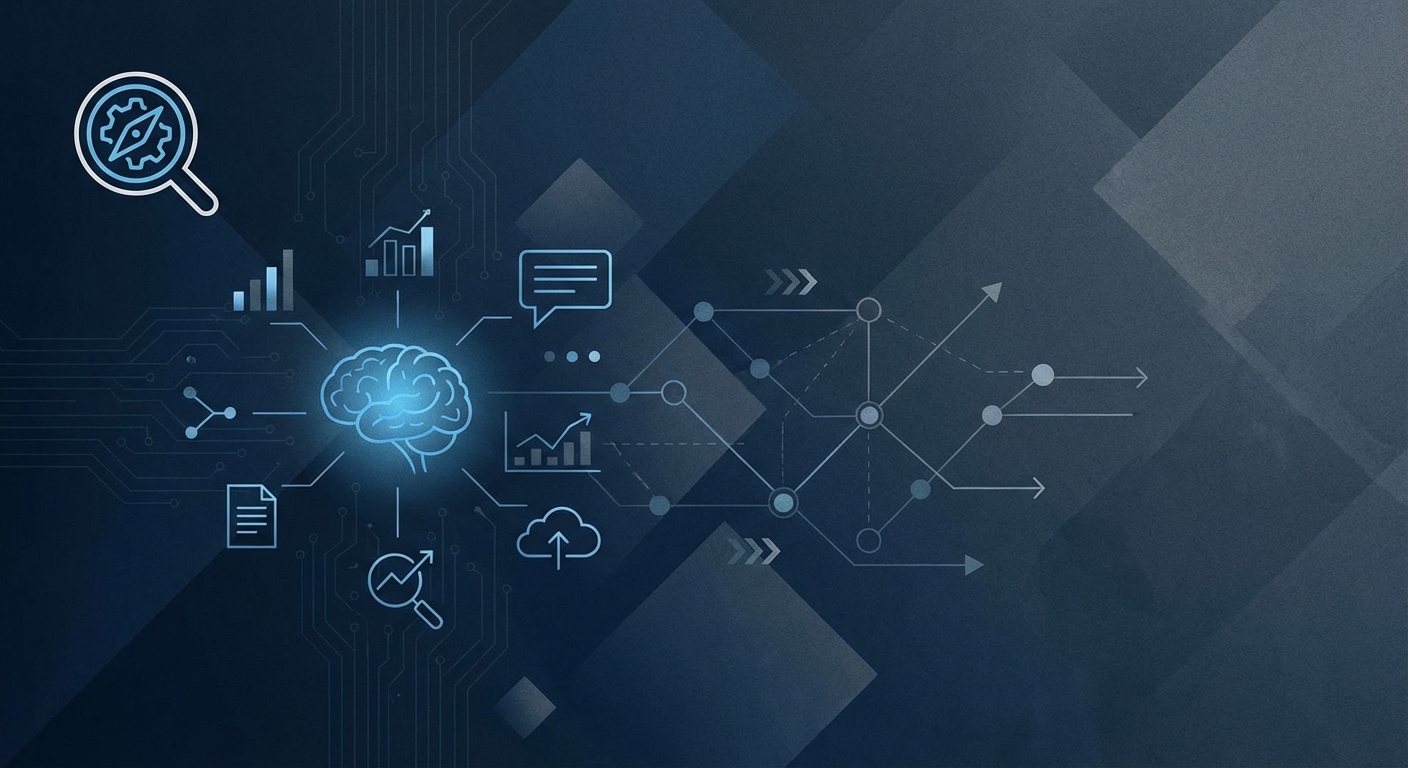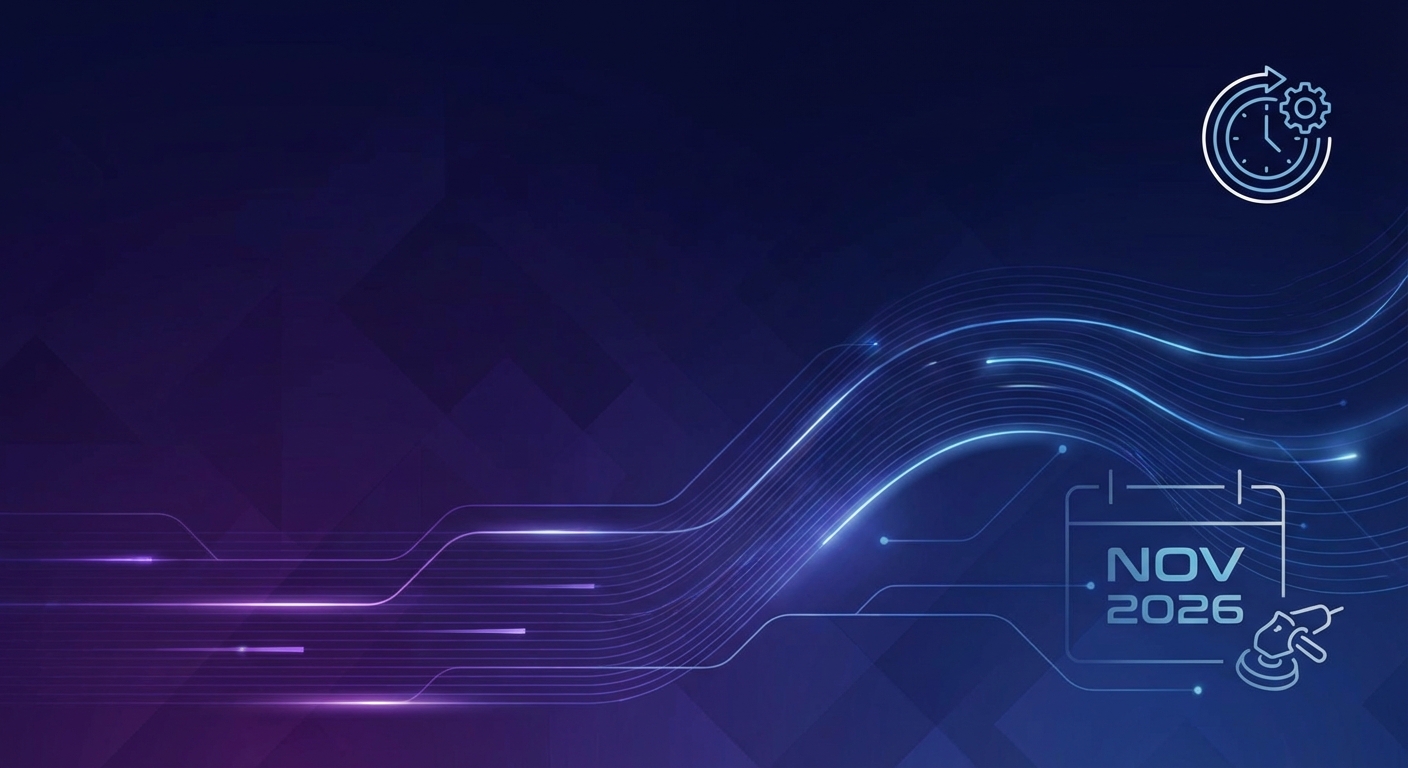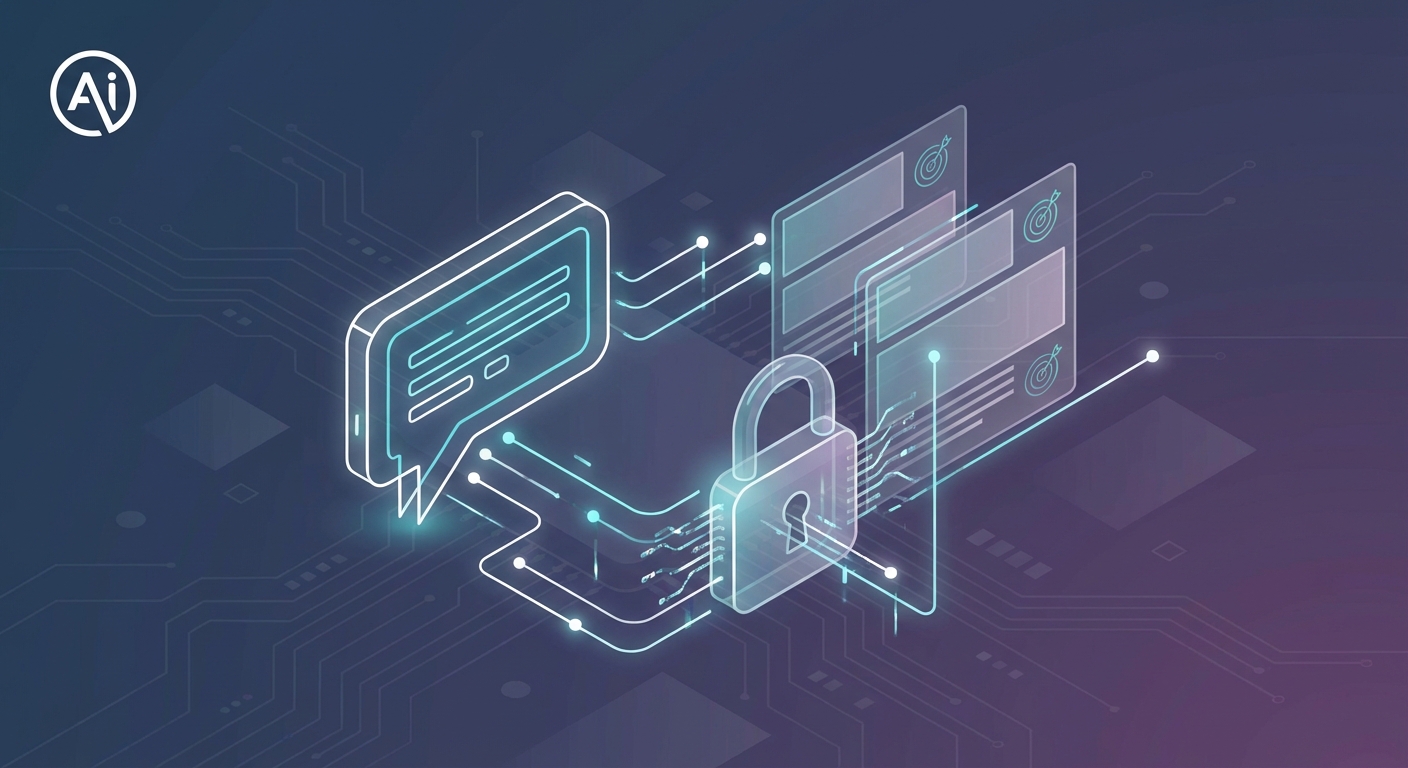Unlocking Engagement: The Power of Gamification in Marketing
Gamification in marketing refers to the use of game mechanics such as points, badges, and leaderboards to engage consumers and enhance their interaction with brands. By transforming marketing efforts into interactive experiences, businesses can drive deeper engagement and loyalty. Current statistics indicate that 93% of marketers utilize gamification to improve metrics like engagement and conversion rates.
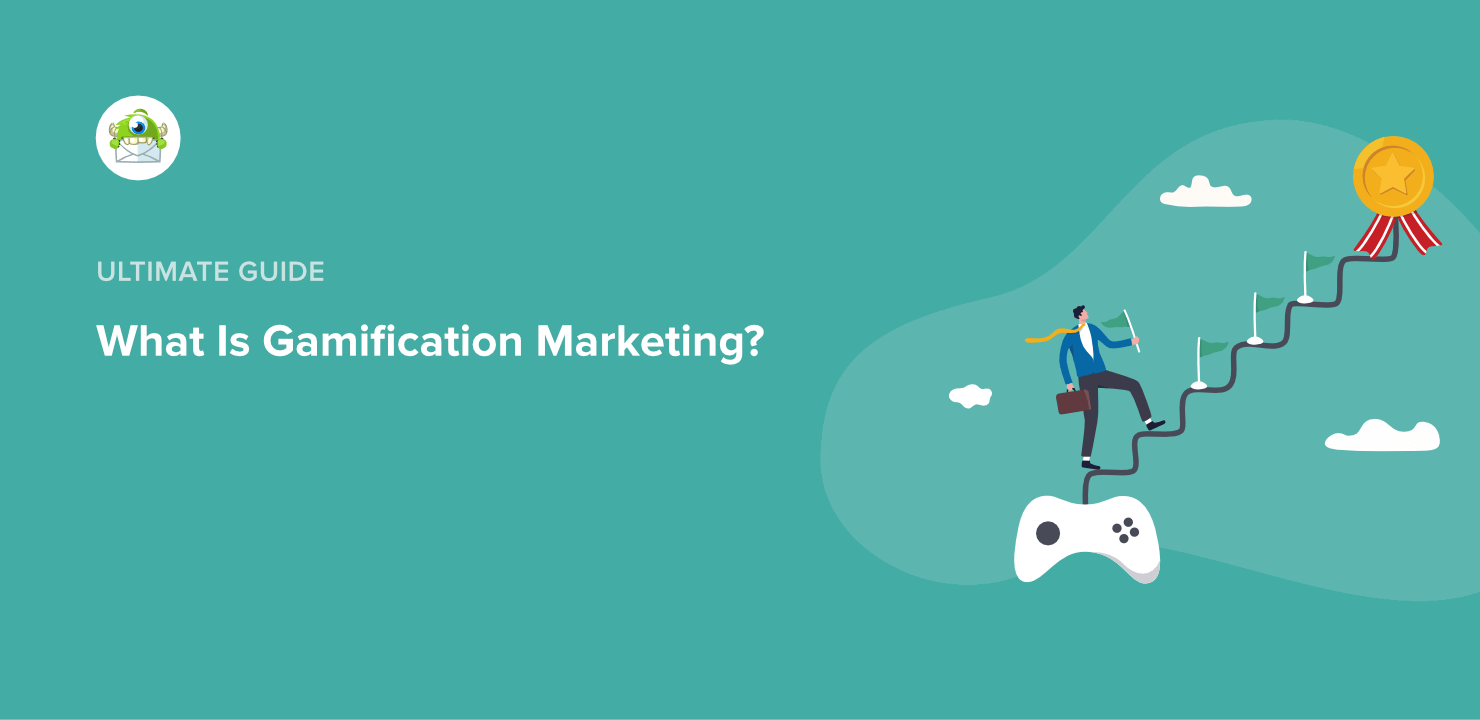
Key Components of Gamification
The primary components of gamification include:
- Points: Users earn points for actions like purchases or social interactions, serving as a measure of progress.
- Levels: Progression through levels often unlocks rewards, maintaining user interest.
- Badges: Visual symbols signify achievements, from simple tasks to complex goals.
- Leaderboards: These create competition among users, motivating them to engage more.
- Challenges: Interactive quizzes and challenges provide engaging content that fosters user participation.
- Rewards: Incentives can be tangible or intangible, motivating ongoing engagement.
By leveraging these components, brands create a dynamic relationship with consumers, enhancing overall experiences.
Benefits of Gamification
Increased Engagement
Gamification enhances brand interactions by making them more enjoyable. Brands incorporating gamification strategies often experience a conversion rate increase of up to seven times. For example, features like "spin-to-win" can significantly heighten user participation.
Enhanced Customer Loyalty
Gamification builds long-term loyalty through recognition and rewards. Loyalty programs with points and leaderboards foster competition, encouraging repeat purchases. Progress bars showing how close a customer is to earning rewards can also motivate continued engagement.
Data Collection Made Easy
Gamified experiences can facilitate zero-party data collection, allowing brands to gather valuable information without being intrusive. Interactive quizzes or surveys not only engage users but also provide brands with insights into customer preferences.
Measurable Results
Gamification drives measurable business outcomes. Campaigns that implement gamification techniques often see up to a 40% increase in email click-through rates. Promotions such as "scratch-and-win" can lead to immediate sales boosts, making gamification a cost-effective strategy for enhancing the bottom line.
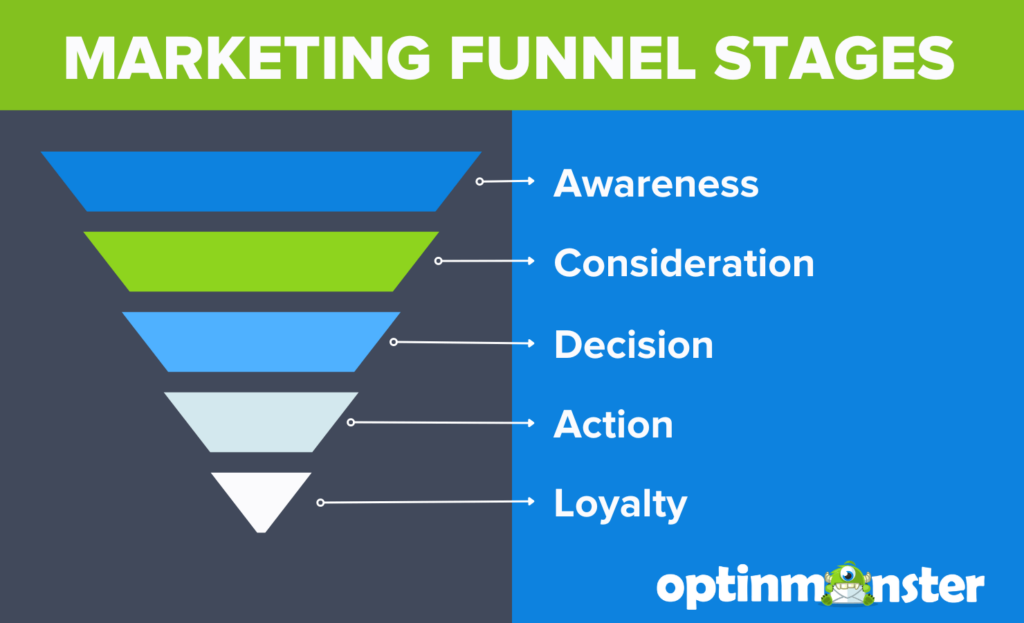
Examples of Gamification
Successful applications of gamification can be seen in several industries:
- Starbucks Rewards: Customers earn stars for purchases, redeemable for free items. This system promotes frequent visits and loyalty through tiered rewards.
- Nike+ Run Club: Users track their runs and earn badges for achievements, fostering community and brand loyalty.
- Duolingo: The language-learning platform uses gamification to motivate users through points and competitive elements like leaderboards.
Integrating Gamification with Personalization
Personalization enhances gamification efforts. Advanced AI technologies enable brands to tailor gamified experiences based on user behavior. This results in more relevant interactions and greater user satisfaction.
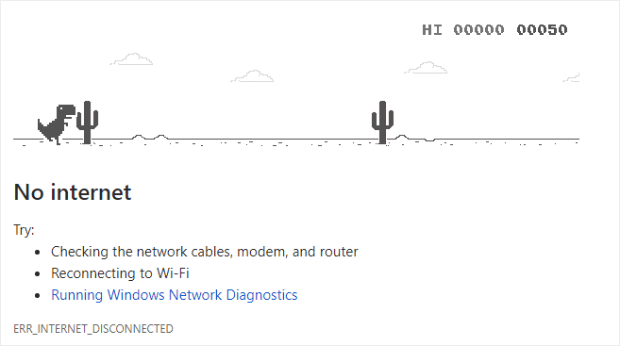
Common Pitfalls of Gamification
While gamification has its advantages, there are potential drawbacks:
- Superficial Engagement: Users may engage only at a surface level without forming meaningful connections.
- Risk of Alienation: Not all consumers appreciate gamification; poorly executed strategies can drive them away.
- Brand Dilution: Overemphasis on gamification can overshadow core brand messages.
Conclusion
Gamification is a powerful tool for marketers, enhancing engagement, loyalty, and measurable results. When executed correctly, it can transform consumer interactions into rewarding experiences.
For companies looking to leverage gamification effectively, GrackerAI provides automated cybersecurity marketing solutions that help you stay ahead in today's competitive landscape. With services like daily news updates, SEO-optimized blogs, and AI-driven newsletters, you can enhance your marketing strategy efficiently.
Explore our offerings or contact us at GrackerAI to learn how we can elevate your marketing efforts. Visit us at https://gracker.ai.



